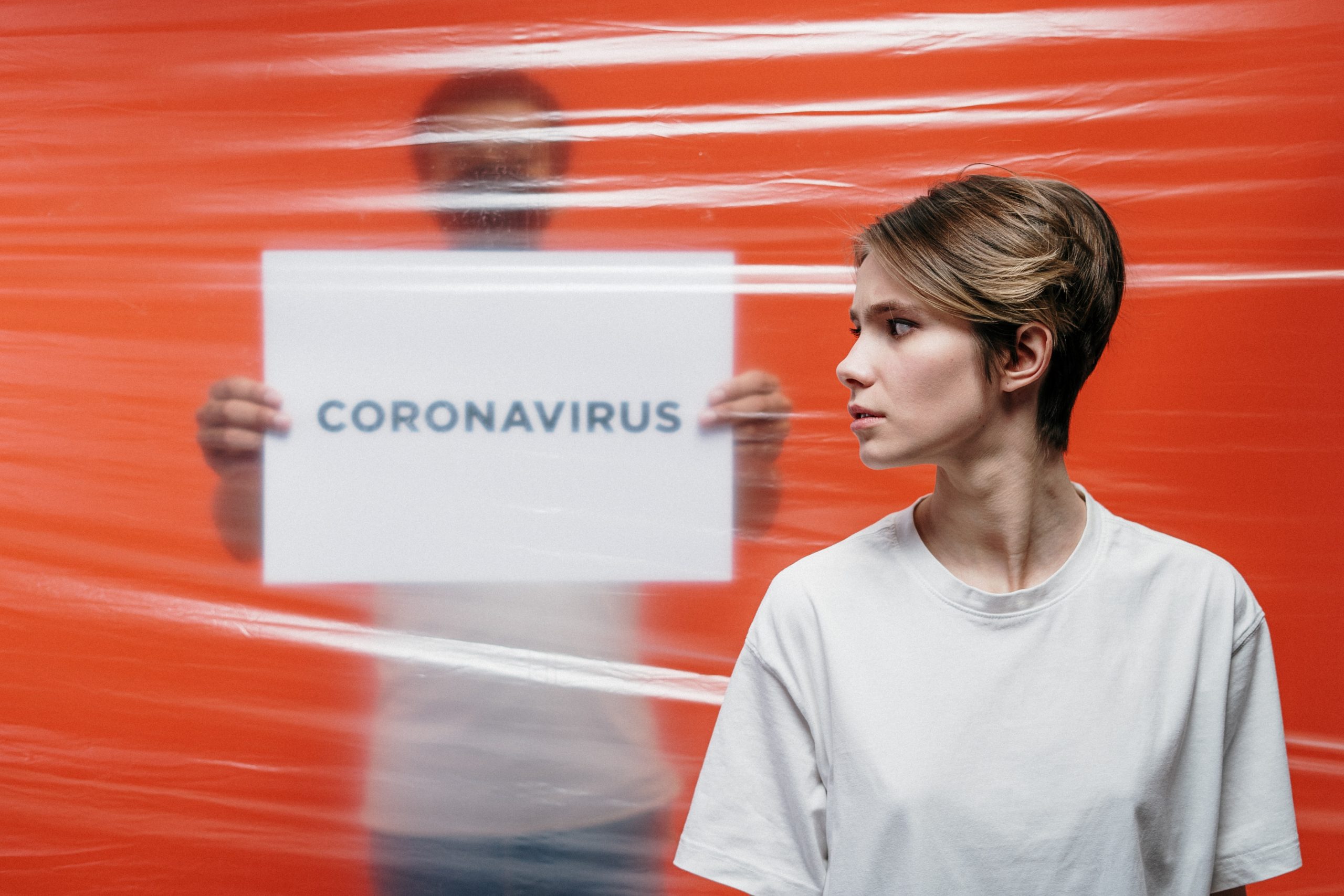Disease outbreaks with the risk of death worldwide due to the infection also lead to an unbearable psychological impact on people’s mental health. Since the Covid19 pandemic, ways have changed how we work, learn, and interact. As social distancing guidelines have circulated, lifestyle and relationships have switched to a more virtual existence.
Covid-19 created a record-level disturbance across several industries in the U.S., forcing employers to respond at a record-level pace. As long as there is no control over the pandemic, engagement with the pandemic has changed how Americans view their day-to-day lives. For some, Covid has bought misery to their life, and peace has set from their busy schedule.
Together with the Interactive Advertising Bureau(IAB), a group of media, marketing, and tech companies, last month incited a Coronavirus Disorder Project. The project was about surveying a nationally representative sample of 1,000 Americans about their lifestyle, like how they live and coping with the rapid changes implemented due to the pandemic.
The results conclude that digital and physical ways we’re adapting to life right now will repeat long after a vaccine or treatment. Some areas have listed below where the outbreak is likely to have permanent impacts drawn from the experts’ analyses.
Mental health breakdown
Lockdown has unsurprisingly triggered a wave of mental health issues in youngsters and for people already suffering from it. As per the reports, 4 in 10 adults in the U.S. have symptoms of anxiety or depression from January to June 2019. The primary cause of people’s mental health is fear of infection, job security, and childcare.
- About 55% of women and 38% of men report the pandemic has negatively affected their mental health.
- In addition, 25% of Hispanic adults, 31% of black adults, and 23% of white adults also negatively impact.
31% of all 18-29 age group youngsters and 29% of mothers have reported that the pandemic had had a massive impact on their mental health, leaving them sad, depressed, with anxiety, isolated.
Overall, 41% of those surveyed reported that they were overwhelmed by COVID-19 news and information circulating on the news.
Working Online And Online Activities
The outbreak abruptly introduced millions of workers to telecommuting, and data from the Coronavirus Disruption Project suggests many of them like it. According to the survey, Forty-two percent of participants said that they want to work from home more. In addition, about 60 percent of teleworkers said they are enjoying the relaxed attire and lack a commute.
Survey has stated that a majority (64%) of people are currently working from home all or say their workplace is presently unavailable; 36% of people say they are choosing not to go to their workplace.
According to a survey, Younger teleworkers are more likely to harm them as they say that they’ve had a hard time being motivated to do their work. But in the case of most adults, they say that at home, they can focus on their work without getting demotivate. However, of the 18-49 age group, 42% of workers saw difficulty during online mode.
The youngest workers are the ones on whom the pandemic most likely had a harmful impact as they find themselves lacking motivation: Of the 18-29 age group, 53% of them found it challenging to feel motivated to do their work.
Developing Health Awareness
In the outbreak, health awareness is one such thing that has happened for good. People are utilizing the time to maintain their health and developing better eating habits. And 68% of respondents reported that the pandemic had given them more time to give more attention to other health issues. And aa better response is given by younger respondents( about 77%), 18-to-34 years old.
Additionally, the outbreak has motivated people to take better care of themselves, and 41% of respondents started maintaining their health.
Family and the pandemic
Throughout the pandemic, Americans have seen both benefits and drawbacks of being cooped up with family. Some respondents addressed the pandemic with family as stressful and reported stress with the children while working from home. On the other hand, some reported different and positive experiences with their families. Overall, 34% of them said that they feel closer to their family members. About 52% reported that they’d forged new connections. Additionally, most of them agreed that quarantine made them realize the value of their relationships.
Washing your hands
With the reunion of family, health awareness people have developed a good habit, thanks to the coronavirus, we all now know the importance of washing hands and a proper method to wash our hands.
According to Bradley’s latest poll, conducted in early April, it was confirmed that 90% of people are cleaning hands more often and for longer to curb coronavirus. Seventy-eight percent of respondents report washing their hands at least six times a day, double the pre-pandemic rate. And now seventy-seven percent of people follow and stick to the 20-second rule.
As per the Bradley survey, more than a third of Americans now expect alcohol-based hand sanitizer to remain popular.
Outlook
Overall, 78% of those surveyed said that while Covid 19 guidelines were difficult to follow, it made them value their relationships. Meanwhile, 58% said it’s made them readjust their life goals. While 58% reported that the pandemic has changed their way of living and said they still have hope for the future.
Temporarily, the individuals who took the study show commitment to be protected and following rules for a long time to come.















